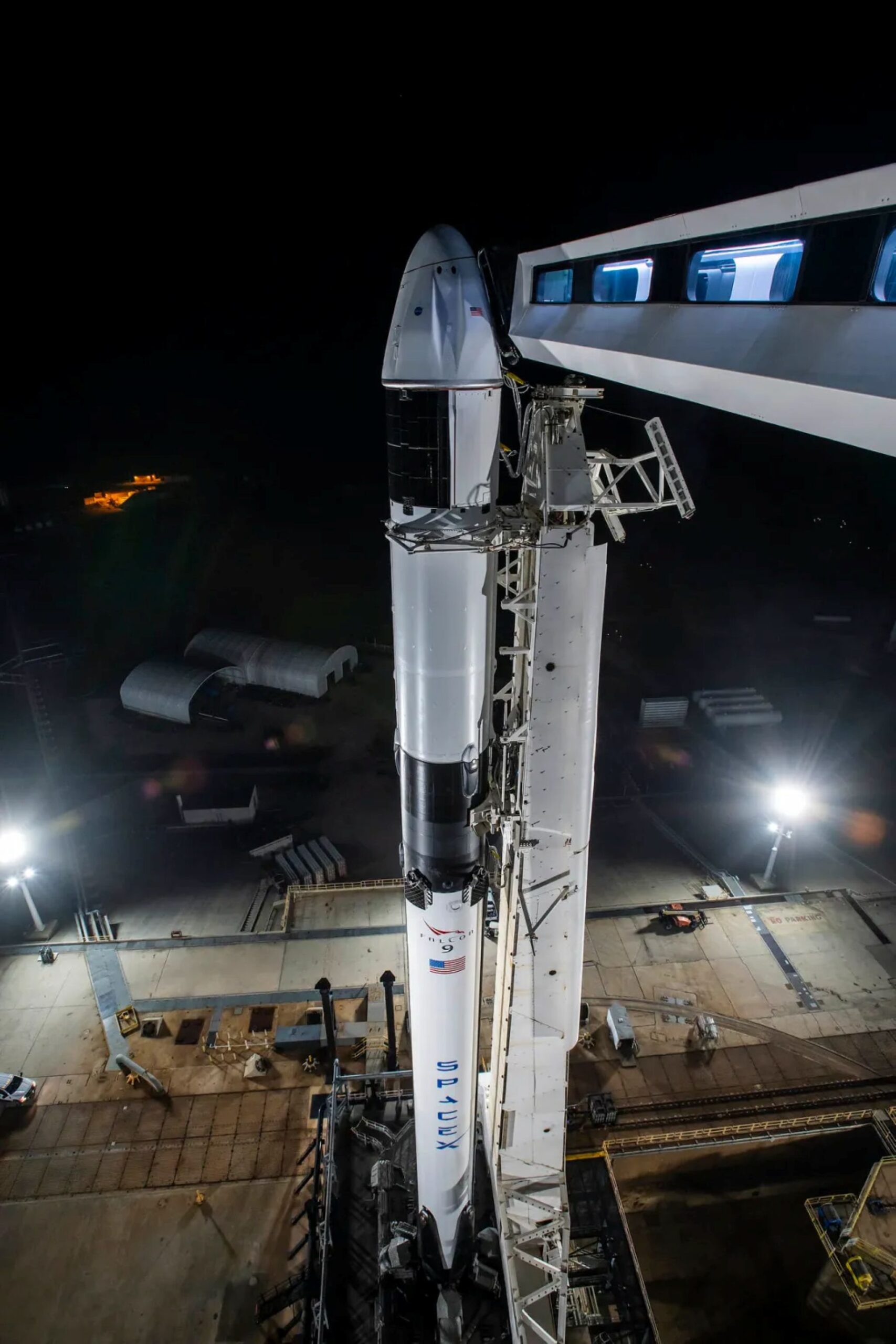
Media accreditation is open for SpaceX’s 29th commercial resupply mission for NASA to the International Space Station.
Liftoff of the SpaceX Dragon cargo spacecraft on the company’s Falcon 9 rocket is targeted no earlier than Wednesday, Nov. 1, from Launch Complex 39A at NASA’s Kennedy Space Center in Florida.
Media prelaunch and launch activities will take place at NASA Kennedy. Attendance for this launch is open to U.S. citizens. The application deadline for U.S. media is 11:59 p.m. EDT Wednesday, Oct. 18.
All accreditation requests should be submitted online at:
https://media.ksc.nasa.gov
Credentialed media will receive a confirmation email upon approval. NASA’s media accreditation policy is available here. For questions about accreditation, or to request special logistical needs, please email ksc-media-accreditat@mail.nasa.gov. For other questions, please contact Kennedy’s newsroom at: 321-867-2468.
Para obtener información sobre cobertura en español en el Centro Espacial Kennedy o si desea solicitar entrevistas en español, comuníquese con Antonia Jaramillo at: antonia.jaramillobotero@nasa.gov or 321-501-8425.
SpaceX’s Dragon will deliver new science investigations, food, supplies, and equipment to the international crew. The research includes work to understand interactions between weather on Earth and space, and laser communications. NASA’s Atmospheric Waves Experiment (AWE) will study atmospheric gravity waves –powerful waves formed by weather disturbances on Earth such as strong thunderstorms or brewing hurricanes – to understand the flow of energy through Earth’s upper atmosphere and space. Another experiment – Integrated Laser Communications Relay Demonstration Low-Earth-Orbit User Modem and Amplifier Terminal – (ILLUMA-T) aims to test high data rate laser communications from the space station to Earth. This will complete NASA’s first two-way, end-to-end laser relay system by sending high-resolution data to the agency’s Laser Communications Relay Demonstration, which launched in December 2021.
Other investigations that will launch with the resupply mission include ESA’s (European Space Agency) Aquamembrane-3, which will test water filtration using proteins found in nature for water recycling and recovery, and Plant Habitat-06, which will evaluate the effects of spaceflight on plant defense responses using multiple genotypes of tomato.
Commercial resupply by U.S. companies significantly increases NASA’s ability to conduct more investigations aboard the orbiting laboratory. These investigations lead to new technologies, medical treatments, and products that improve life on Earth. Other U.S. government agencies, private industry, and academic and research institutions can also conduct microgravity research through the agency’s partnership with the International Space Station National Laboratory.
Humans have occupied the space station continuously since November 2000. In that time, 273 people and a variety of international and commercial spacecraft have visited the orbital outpost. It remains the springboard to NASA’s next great leap in exploration, including future missions to the Moon under Artemis, and ultimately, human exploration of Mars.
For more information about commercial resupply missions, visit:
https://www.nasa.gov/commercialresupply
https://cerebral-overload.com/?p=96428
Comments
Post a Comment